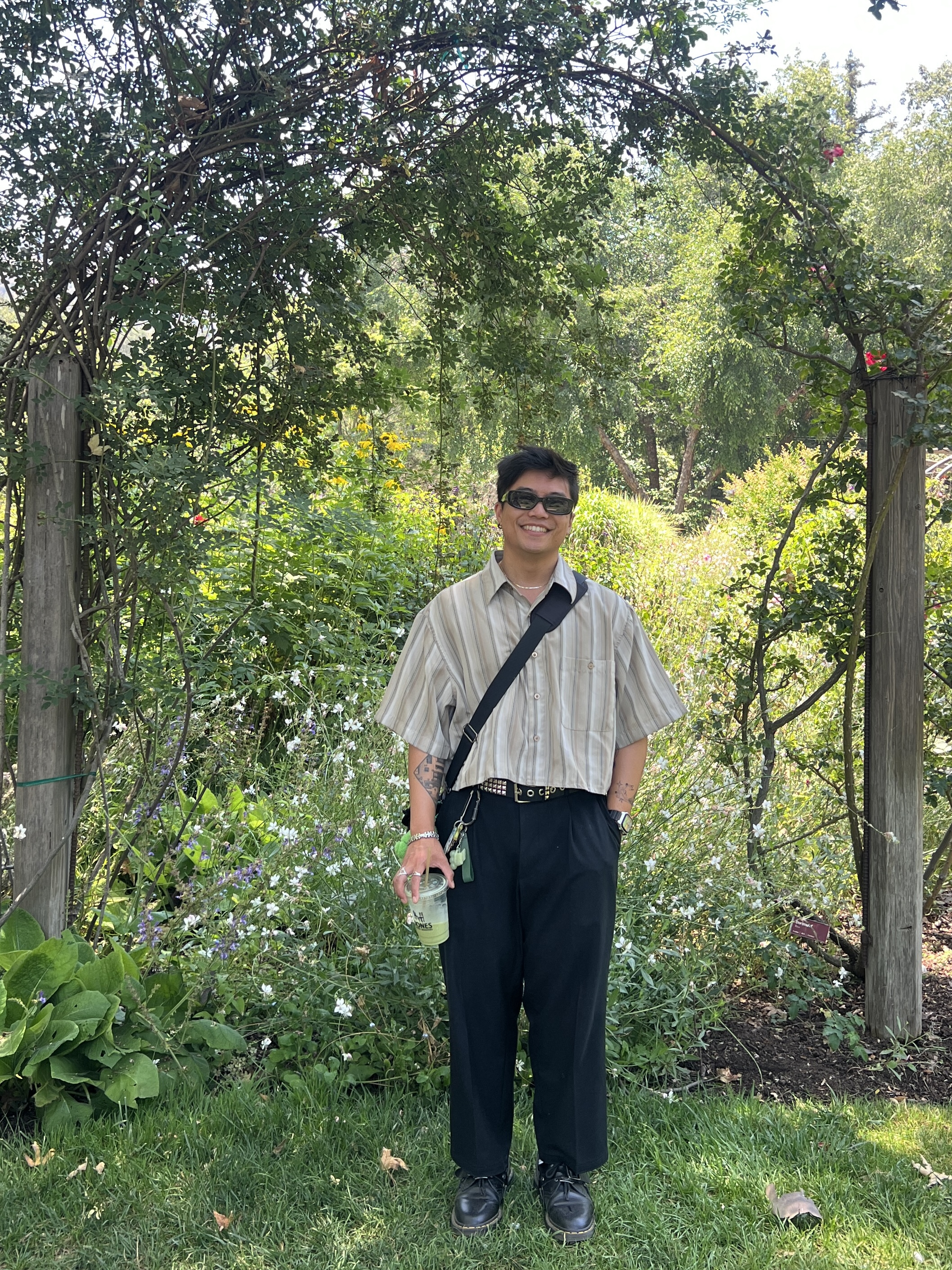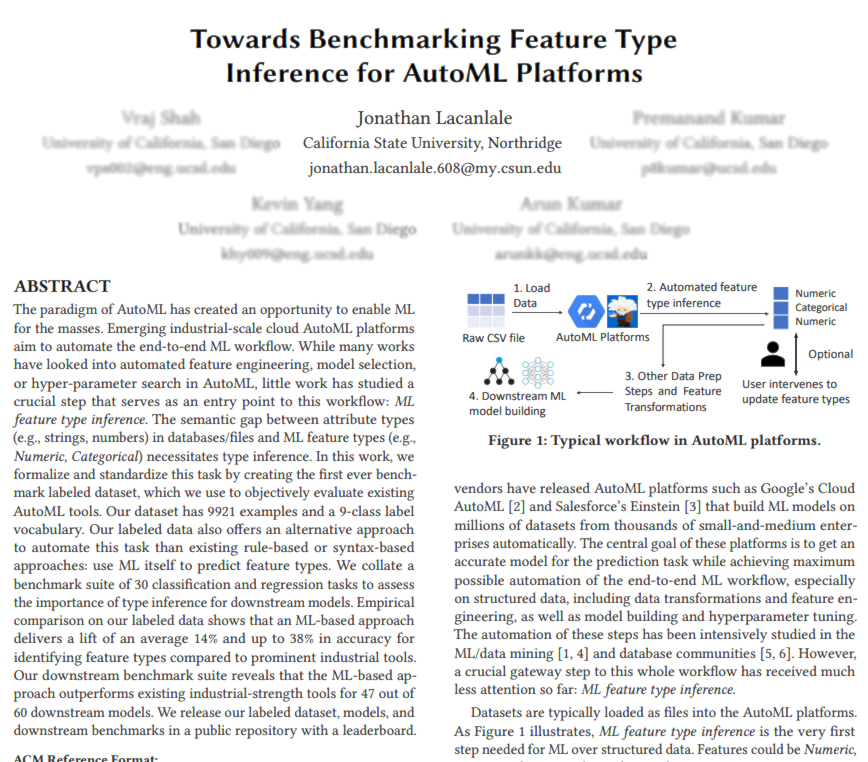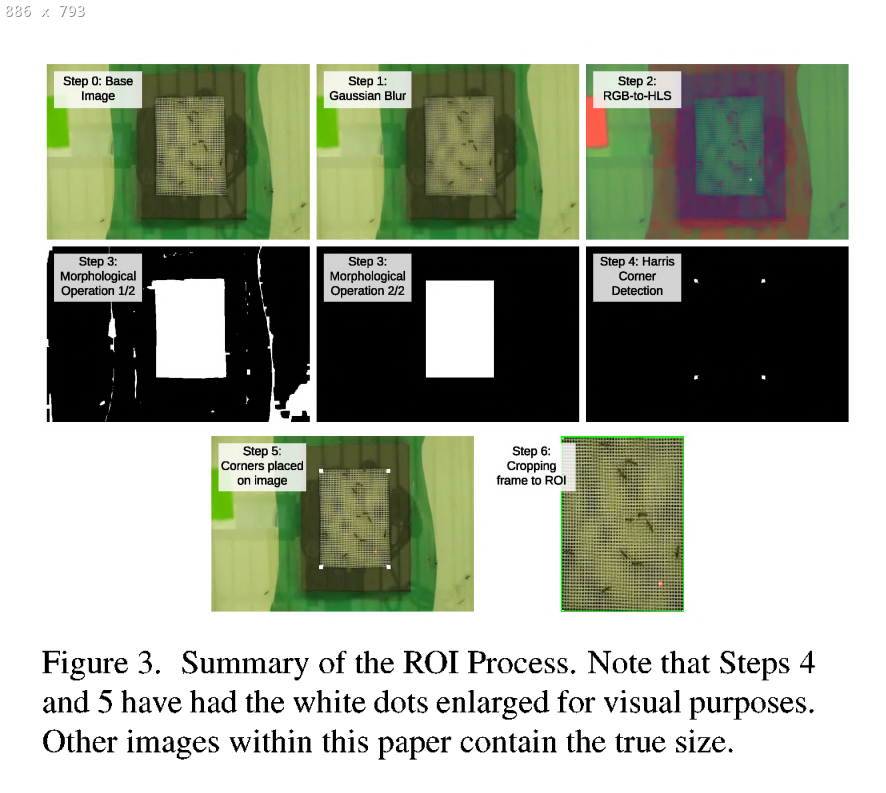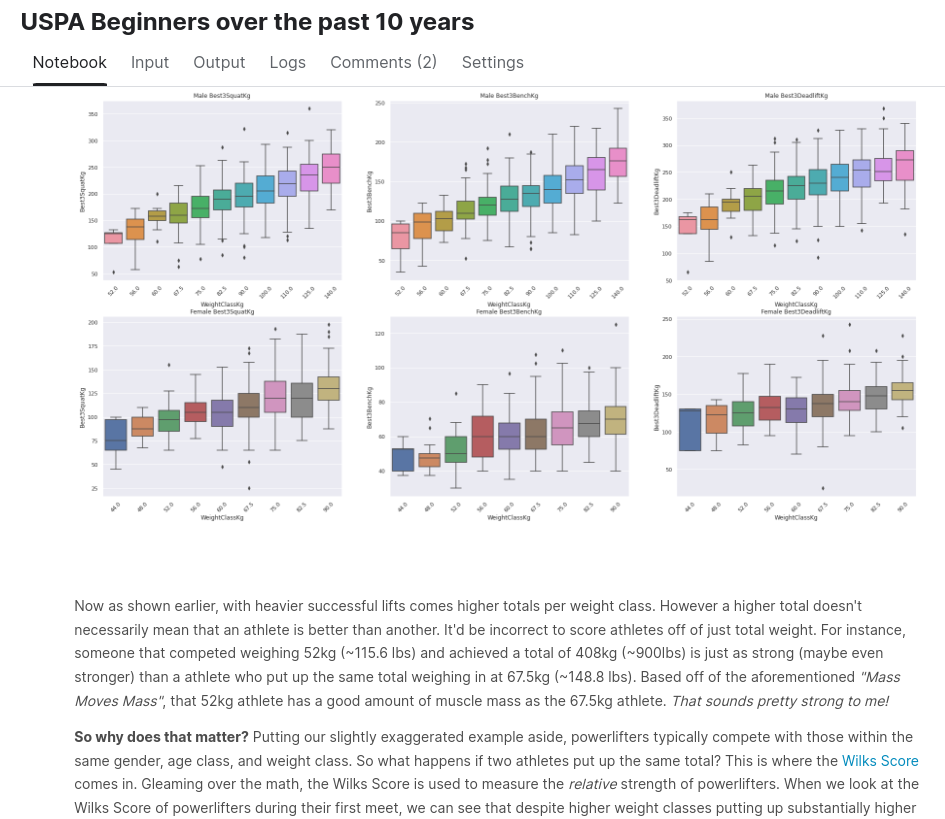
--Introduction
My name is Jonathan Lacanlale, and I was born and raised in Los Angeles, CA. I graduated in 2021 from
Cal State University, Northridge (CSUN) with a B.S. in Computer Science and Minor in Mathematics,
and I'm currently pursuing my Masters in Data Science at U.T. Austin.
As of March '24, I've been working full-time as an Analytics Engineer for the mission-driven non-profit
known as Didi Hirsch, which focuses on providing mental health services to all communities. Here,
I'm fortunate to take both ownership and creative liberty in developing data tools, dashboards, and
reports that enable both clinical and internal teams to make data-driven decisions.
My long-term professional passion is to pursue work that focuses on utilizing data for analytical
and storytelling narratives. That said, my strong technological background is the primary reason
that I've been able to thrive in multiple data domains. I am continually cultivating this ambition into a
data science-centered career that will allow me to apply my professional skillset to missions that
I believe will leave the world in a better place than when I had found it.




